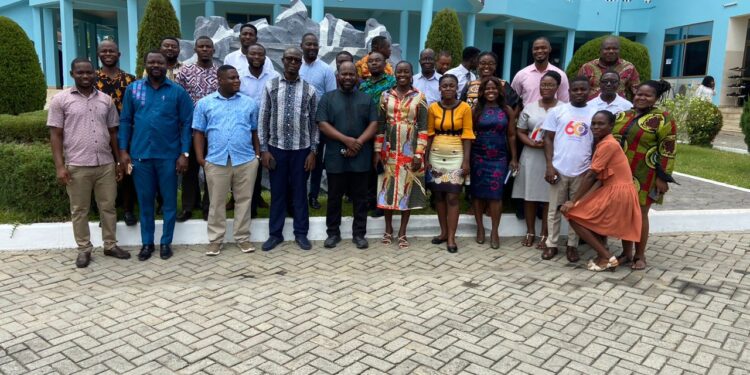The quest for green policies has intensified over the past two decades, coupled with climate change.
In Paris, France, on December 12, 2015, saw the coming force of a legally binding international treaty on climate change adopted by 196 parties at the United Nations Climate Change Conference (COP 21).
Its overreaching goal is to hold the increase in the global average temperature to well below 2°C above the pre-industrial level and pursue efforts to limit the temperature increase to 1.5°C.
However, Ghana is among the countries that have taken the lead and developed Energy Transition Plans, through its Energy Transition committee (NTEC) established in 2021 to provide policy guidance for the shift to the production and utilization of clean energy and the implementation of measures to curb emissions.
It is based on this that the Natural Resource Governance Institute (NRGI) organized a 2-day residential training for Civil Society and Media actors across the country as part of the many efforts aimed at creating awareness of the existence of the National Energy Transition Framework.
This was to enhance the capacity of CSOs and Media players to understand, interrogate and use the contents of the framework in their work.
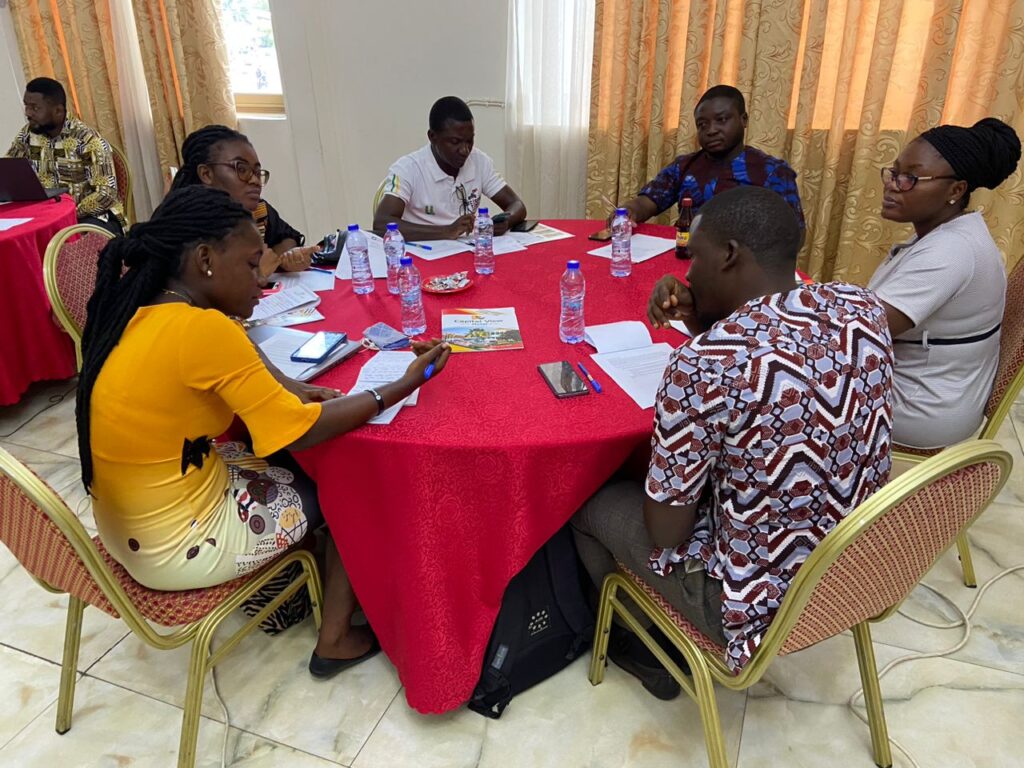
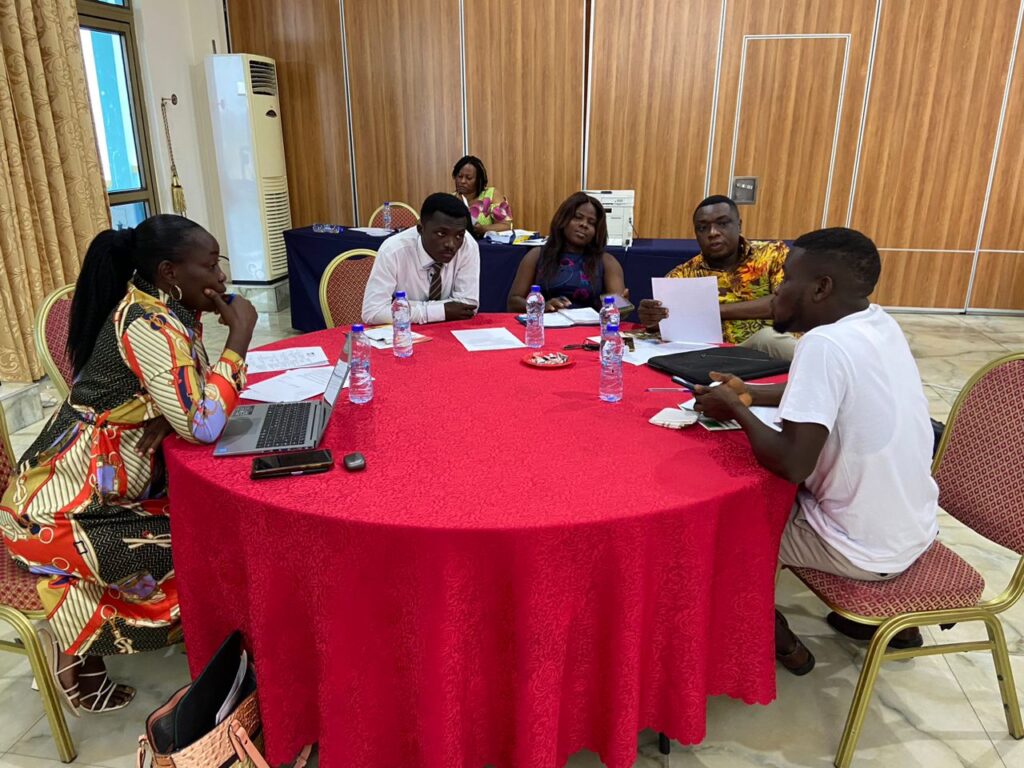
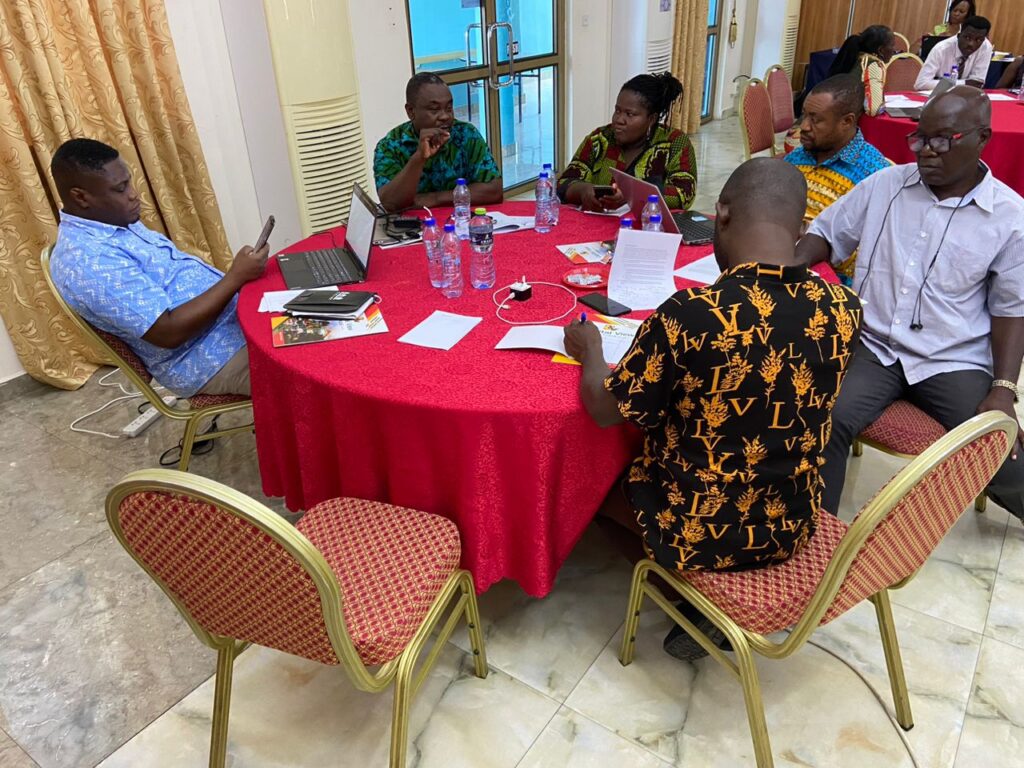
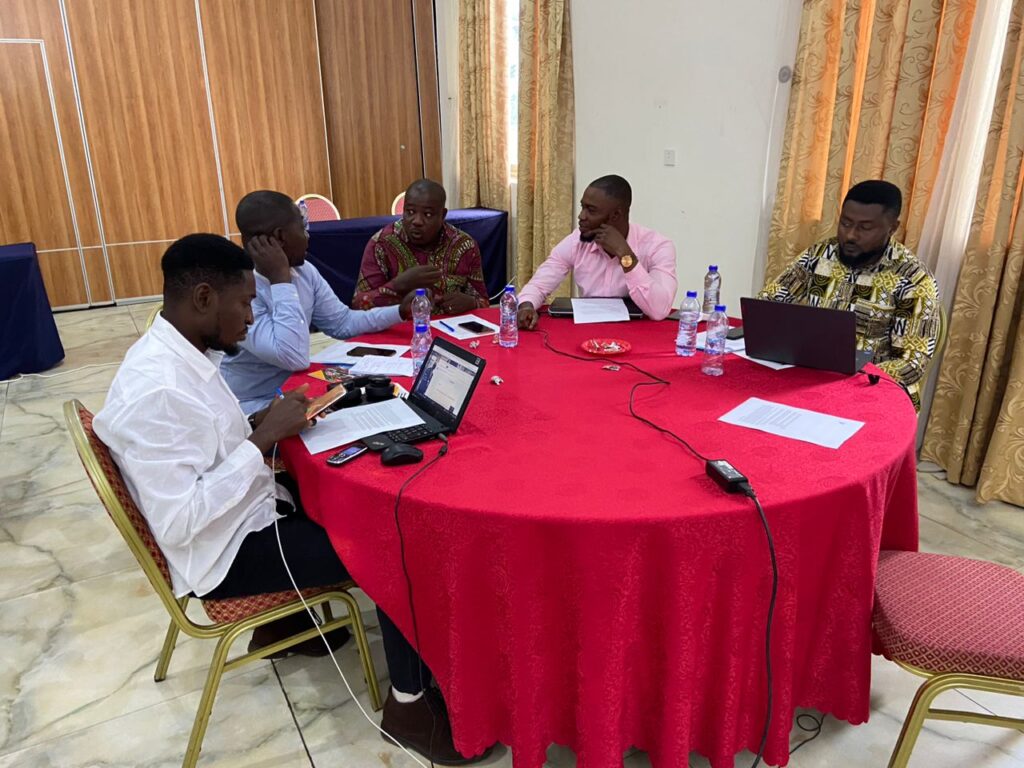
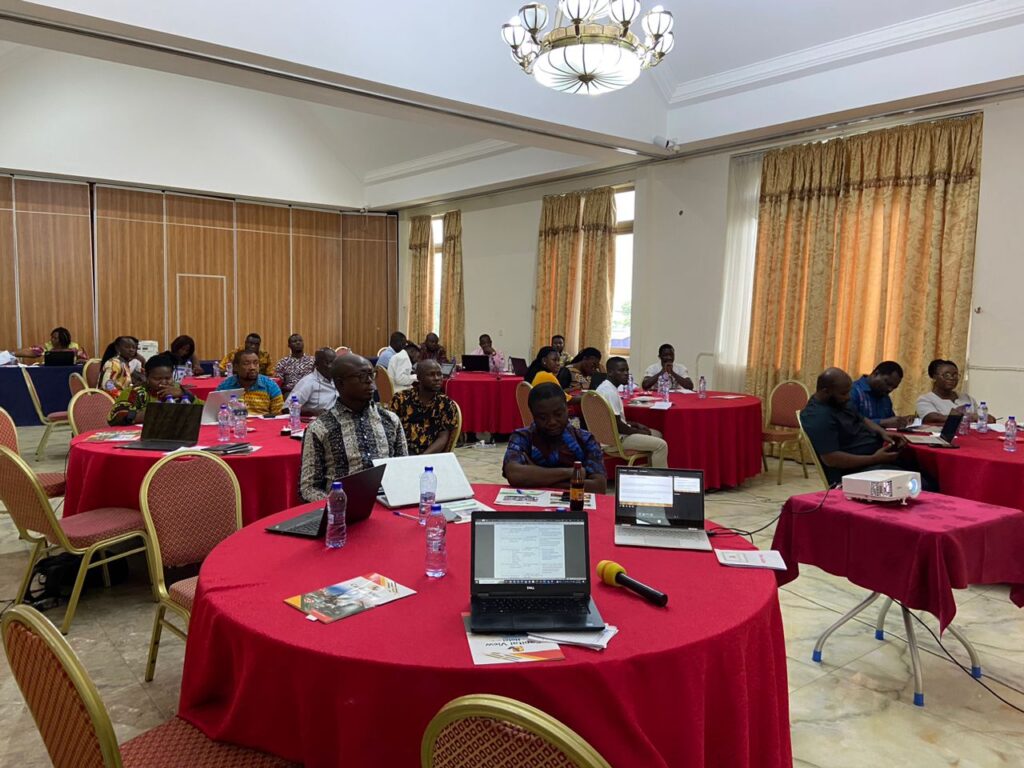
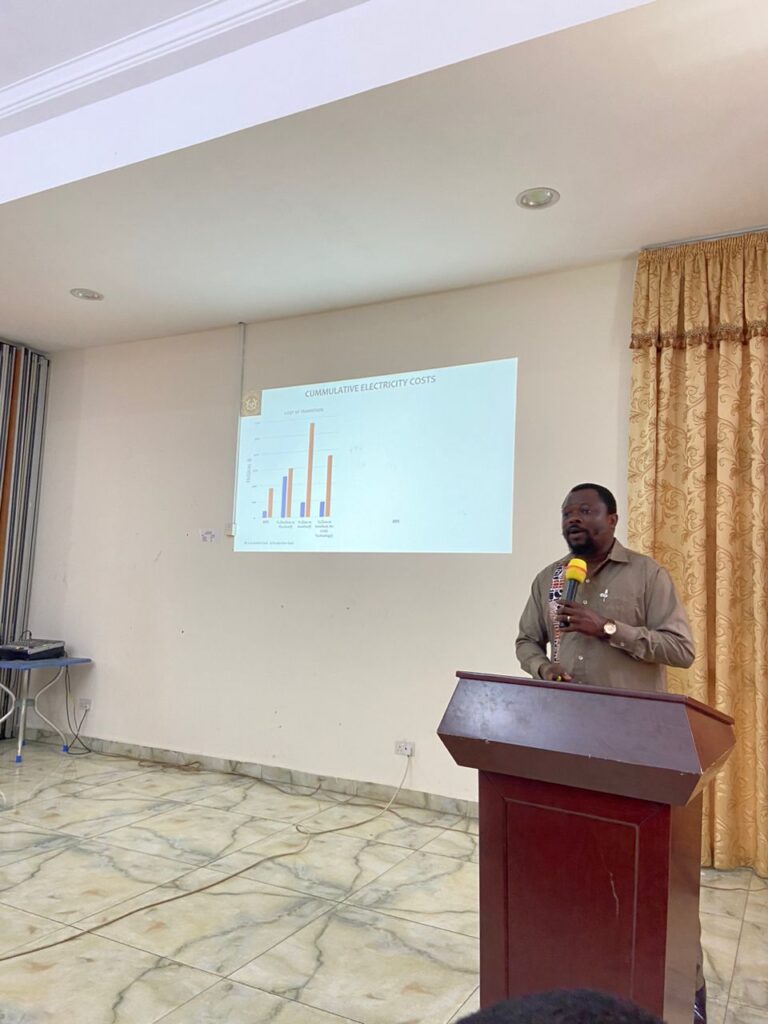
Addressing the media at the training, Africa Program Officer at Natural Resource Governance Institute, Denis Gyeyir called on all Ghanaians to embrace the global energy transition move.
To him, Ghanaians must fully take advantage to allude to the country’s benefit on new energy systems but not see it as an orchestration of the west to punish the African countries.
He said “New energy systems are being developed. You either choose to join the train or you are left behind. So this whole transition is not about a western power or western countries trying to push us to leave our resources under the ground. Resources evolve. In resource economics they tell you that resources are not, they become. So as the world moves, resources become either useful or not useful, depending on technology and other factors. So if you choose not to evolve to develop technology, develop new energy sources and you want to depend on what you have, when others are moving away from it, you would be left behind.”
He however notes while embracing energy transitions, Ghana must also pay attention to minimizing the risks of technological developments.
Meanwhile, Mr. Gyeyir is of the view that the 20% renewable energy target by 2070 as captured in the Energy transition framework (ETF) is realistic but not enough for the security and sustainability of the country’s energy system.
Outlining some identified gaps in the entire framework which he believes need to be addressed he said “there is no provision for GMPC around how it is going to be sustainable, post the oil production era. We are banging our hopes on gas and again, gas requires a lot of investment.”
On his part, a member of the Energy Transition Framework Committee, Dr. Robert Bright Mawuko Sogbadji says the committee has commenced a rigorous set of activities including public sensitization, infrastructure development, and investment in energy sources among others as the framework has already been launched.
Read also: C/R: GWCL tours their facilities with some selected schools
Source: Eric Sekyi/ATLFMNEWS

















